






Bitch: The Origin of The Female Species
Edith Podesta (Australia | Singapore)
21–23 January 2016, 8pm
Esplanade Recital Studio
75 minutes with no intermission
Fringe Commission • World Premiere
BITCH: The Origin Of The Female Species is a theatrical reclamation of one of the most complex insults in the English language. From the Dark Ages to pop culture; Homer's Mistress of Animals, Artemis, to Jo Freeman's The BITCH Manifesto, BITCH offers a reflection of our 'animal selves', an embodiment of suppressed human urges and desires transformed into the perfect companion: 'man's best friend'.
Written, directed and performed by Edith Podesta (Dark Room x8, Illogic) and co-actor Helmut Bakaitis (The Architect in The Matrix and The Matrix Reloaded), BITCH with designers Brian Gothong Tan, Adrian Tan and Teo Wee Boon, BITCH will unpack our primordial instincts and unleash those animal impulses from the darkness of domesticity.
In reversing the roles of 'woman' and 'dog', BITCH will compel the audience to interrogate their own assumptions of the fundamental qualities of the human, within a human, as they witness the 'dog' impounded in the image of 'woman'. By illuminating the human/animal divide, BITCH seeks to unshackle perceptions of 'nature' from the constructs or 'culture'.
Developed with support from Centre 42.
"This small, intimate work took me by surprise. …Edith Podesta put together a deeply humanising look at the male inmates of Changi Prison in this passion project…"
- Corrie Tan, The Straits Times Life!,
on Dark Room x8
"Director Podesta sustains the tragicomedy tightrope walk admirably, puncturing the darkness and oppression with light touches."
- Adeline Chia, The Straits Times Life!,
on A Cage Goes in Search of a Bird
Edith Podesta is an actor, theatre-maker and performance lecturer based in Singapore.
Sean says:
"The cheeky, sophisticated Edith Podesta is one of Singapore theatre's best friends. She has been unleashed again with her pack of bitches and they are sure to throw you off their scent and get your tails and tongues wagging with this exciting world premiere. Get ready to lick your chops and your wounds, because this show will have plenty of bark and bite. Somebody give the girl a bone!"
Relationship to Art and the Animal
Perhaps what Claude-Levi Strauss meant when he penned, 'Animals are good to think with' was really this: when we think about animals, we are thinking about ourselves. In this contemplation, our brains begin to fire with the once unfathomable split now made unexceptional by modern man's preference of intellectual achievement over the natural world, cerebral pursuits above animal instinct, and civilization detached from the wild. Perhaps as we mourn the loss of what John Berger described as the 'unspeaking companionship' between animal and man, we in turn lament our approach towards the urban sprawl, where our next evolution servers our primate ties almost completely as we metamorphose into cybernetic organisms living in John Stoehr's 'post-industrial technocratic culture'.
When thinking of the actor in performance, I find myself haunted by Romeo Castellucci's observation, that although the actor may exists on the same stage as an animal, the actor does not seize it, as Gabriella Novati has written, 'in the same way that the animal does, who, in its ignorance of language, ignorance and unawareness of death, is always a mythical being', 'the animal is the bearer of the soul': 'it is the icon of the actor'. Animals so often become for the artist a secret incarnate, a metaphor, and somatic emblem of truth.
I believe by thinking about animals we can start to accept our own natures. By singing the same tune as the birds, perhaps we can find a fuller voice, a Babylonian lexicon with which to talk to the animals. Artists have, and will continue to ascend upwards and descend downwards, in an attempt to communicate with the penultimate Other.
If our zoos no longer serve as a reminder of the origins of our species, perhaps the stage is the only location where man can encounter the beast within.